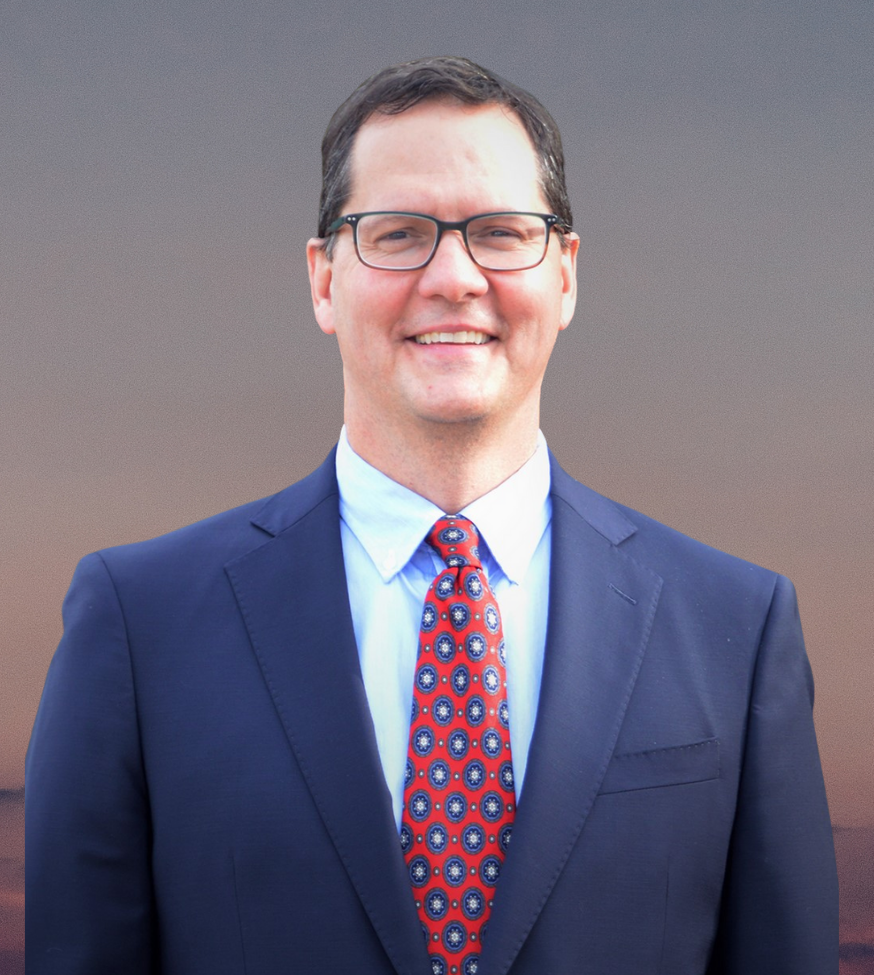Georgia is no stranger to deadly storms. On August 27, 1893, a hurricane hit Georgia, known as the Sea Island Storm, and killed 2,000 people. The Sea Island Storm is listed as the third deadliest storm in American history. Of course, life was different in the late 1800s. Buildings were different. Understanding of the weather and the ability to make forecasts was different – or nonexistent. The Sea Island Storm may have been one of the deadliest, but Hurricane Irma, which just raged through Georgia’s core, striking Macon, Georgia and its neighboring cities and counties, may have been more ferocious in strength. And though our engineering and forecasting abilities are far greater, property, injuries and death still occur. For many of us, we only have our insurance to rely on for financial assistance when tragedy befalls us due to no fault of our own, and presumably due to no fault of anyone else but an Act of God.
Acts of God & Insurance
If you suffer personal injuries and/or property damage, your insurance may cover some of it. If you have health insurance, homeowner’s insurance, or other relevant insurance, your policies will determine what exactly is covered and not covered. Some natural disaster events may require special insurance: examples can include windstorm or flood insurance. Even if you believe you have coverage, you need to know exactly what that coverage is and exactly what your policy states.
Insurance companies are overwhelmed with property damage and personal injury claims from Hurricane Harvey, now Hurricane Irma, and possibly soon-to-be Hurricane Jones. The extent of the financial payouts — given the breathtaking amount of damage and injuries Irma has caused throughout Georgia, Florida and elsewhere — could be record-shattering. Insurance companies may be searching for any loophole or vague terms that can be interpreted in their favor to limit or deny claims. If you think you have a claim, below are suggestions to consider:
- Know your policy. Terms and conditions can sometimes be confusing to read or hard to grasp, if you are having problems understanding exactly what it is your policy states, contact your insurance provider. You could also consult an insurance attorney to review the policy, explain the terms and conditions, and counsel you what to do.
- Document everything. Keep a journal, or take photographs or video of all damages and injuries. Documenting the damages or injuries will be essential to a good claim. For property damages, make a list of all damaged personal items and approximate its value. For bodily injuries, keep track of medical bills and records.
- Keep a record of repairs. If repairs require immediate attention, take photos of the damage first, and then maintain a list, with receipts, of the repairs, including why they were urgently needed.
- Keep a record of other relevant expenses. For instance, if you had to flee your home and was forced to stay at a hotel, keep track of all expenses.
- Keep record of insurance communications. Maintain a file with copies or notes of all your communications with the insurance company. Keep track of names, titles, dates.
If you are offered a settlement but believe it is too low, you may want to contest it rather than accepting it. Regardless how much money the insurance companies are going to have to pay out to many of its customers, you paid for your insurance, so you deserve the full value of your damages as provided by your policy. If the settlement is too low, request the insurance company’s offer in writing. Upon its receipt, make sure it provides exact language why the claim was limited or denied. Then, contact an experienced attorney and prepare to appeal.
Acts of God & Liability
We generally assume when a natural disaster happens, like Hurricane Irma, the damages, injuries, and death that transpire are all the result of the respective Act of God. This is not necessarily the case. Careful examination of all the facts can reveal another person or entity was also at fault. For instance, if a tree from your neighbor’s yard fell down onto your house, causing serious damage and possibly injuries, your neighbor may be liable. If that tree was already decaying and the neighbor knew or should have known the same but did not cut it down as they should have, then that’s an issue. This is just one example.
After natural disasters, lawsuits involving negligence, construction defects, or product defects are always in the works. Most lawsuits have been by persons who were injured by collapsed buildings or hazardous chemicals leaking into the environment by negligent businesses that transport and store the hazardous materials. Now, there’s even talk of climate change related lawsuits in Texas, i.e., companies and authorities have been well-informed of climate change’s impact on storms yet failed (neglected) to put in place measures to counter or reduce that impact.
That said, liability accompanied by an Act of God can be complex and difficult to prove. If you suspect any damage or injuries incurred during Hurricane Irma are a result of someone else’s negligence, or you aren’t satisfied with the amount offered by the insurance company, then you should consult an experienced personal injury or insurance attorney as soon as possible: evidence sometimes can vanish faster than flood waters recede.

